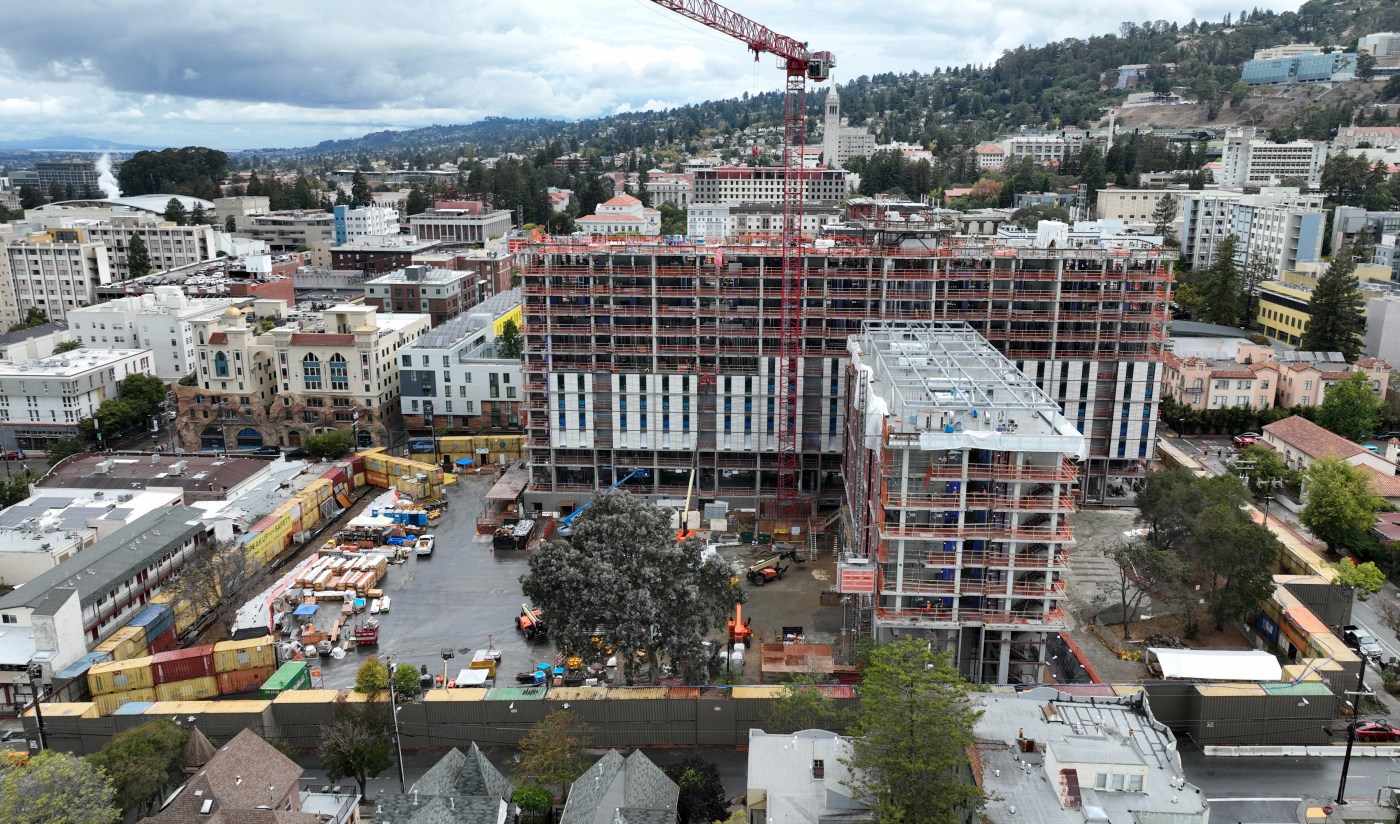URGENT UPDATE: California is poised for a major political showdown as the California Chamber of Commerce has just announced a new ballot measure aimed at overhauling the state’s landmark environmental law, the California Environmental Quality Act (CEQA). This proposal, dubbed the “Building an Affordable California Act,” could reshape how environmental reviews are conducted, significantly impacting housing and energy costs across the state.
Late last month, officials confirmed their intention to collect 546,000 valid signatures by spring 2024 to secure a spot on next November’s ballot. If successful, this measure would impose a 365-day limit on environmental reviews for various projects, including housing developments, renewable energy facilities, and infrastructure improvements.
The urgency of this proposal cannot be overstated. California faces a severe housing crisis, with soaring prices and a pressing need for affordable options. Jennifer Barrera, president and CEO of the California Chamber of Commerce, stated, “Modernizing that law won’t just ease California’s affordability crisis and boost our economy.” This sentiment underscores the critical need for reform as the state grapples with escalating living costs.
Under the proposed measure, courts would also be required to rule on CEQA lawsuits within 270 days, streamlining the process for development projects. This could accelerate the approval of essential infrastructure, including new reservoirs, desalination plants, and public transit systems. However, the measure is already drawing sharp criticism from environmental groups, who argue it could undermine vital environmental protections.
“This is an extreme and radical proposal,” said Frances Tinney, an attorney with the Center for Biological Diversity. “It’s disappointing that CEQA is being scapegoated for California’s problems.”
CEQA, enacted in 1970 under former Governor Ronald Reagan, has served as a crucial framework for environmental oversight in California. It mandates thorough environmental studies for significant projects, ensuring public awareness and accountability regarding their potential impacts. However, critics, including Governor Gavin Newsom, have pointed to its misuse, claiming it contributes to the state’s housing shortage and high costs.
Recent examples of CEQA’s impact include delays in the construction of necessary housing and infrastructure projects, with opponents leveraging the law to halt developments, often under spurious claims. For instance, a proposed 500-unit housing project in San Francisco was stalled due to neighborhood objections, showcasing the law’s potential for obstruction.
As the ballot measure gains traction, it is expected to incite a fierce political battle involving business groups, unions, environmentalists, and local governments. Key players are already positioning themselves for what could be a multimillion-dollar campaign, with significant implications for California’s future.
Looking ahead, the next steps involve signature collection and public debate on the measure’s implications. Analysts predict the framing of this issue will be crucial; if voters perceive it as an attack on environmental regulations, it could face significant hurdles. In contrast, if it is promoted as a necessary reform to boost the economy and create jobs, it may gain broader support.
As California braces for this critical showdown, the stakes could not be higher for residents facing a housing crisis and environmental challenges. The outcome of this ballot measure could redefine the landscape of environmental policy and development in the Golden State.
Stay tuned for more updates as this situation develops. The future of California’s environmental regulations—and the state’s housing affordability—hangs in the balance.
